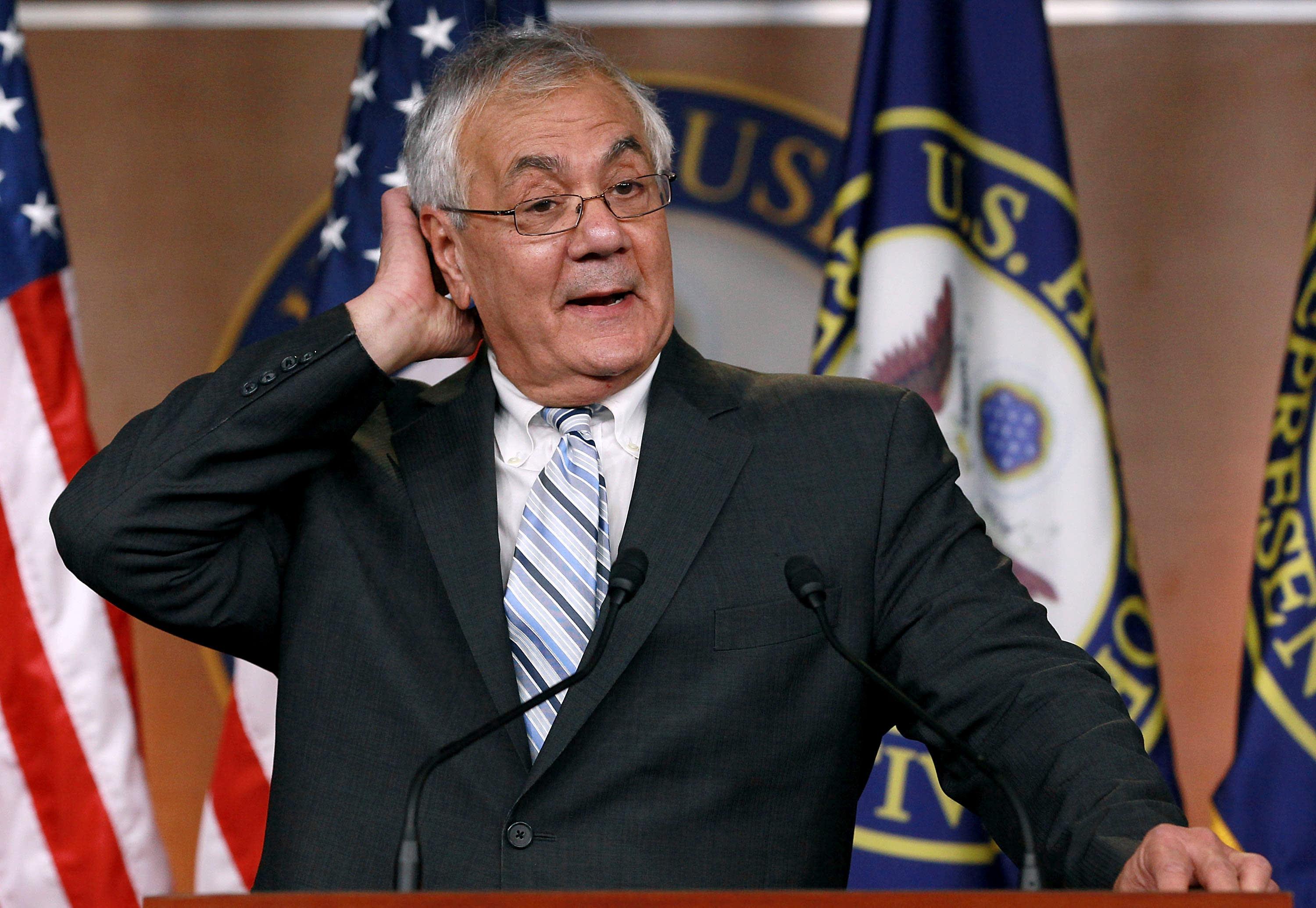

Yet even if not considered persuasive legislative commentary, Representative Frank’s 2012 remarks-coming from a prominent member of the legal community who is highly informed about the statute that bears his name-provide some evidence of the public understanding of restrictions on the President’s authority to remove officers within the executive branch.Įver since the Supreme Court’s decisions in Myers v. 304, 313 (1960) (describing any post-enactment legislative history from “a subsequent Congress” as “a hazardous basis for inferring the intent of an earlier ”).

Legislative commentary of this kind is sometimes used by courts to understand the meaning of statutory language, though Representative Frank’s comments in 2012 may have reduced persuasive weight given that they were made three years after the enactment of the statute, during a hearing, by only a single member of Congress. And proving that you were not inefficient, the burden of proof being on you, would be overwhelming.īudget Hearing-Consumer Financial Protection Bureau Before the Subcommittee on Oversight and Investigations of the Committee on Financial Services, 112th Cong. No one doubts that if a change in Administration comes, and the new President disagrees with the existing Director, he or she can be removed. It says in the statute that, yes, the Director is appointed for a 5-year term, but can be removed by the President for insufficiency, neglect of duty, or malfeasance. His notion that the Director cannot be removed is fanciful. That question was addressed five years ago by then-Representative Barney Frank, whose views may be relevant since he is the “Frank” in Dodd-Frank: That possibility raises the following question: Precisely what legal impediments does the Dodd-Frank Act place on the ability of a new President to remove an incumbent CFPB Director? As one part of a statute officially entitled the “Dodd-Frank Wall Street Reform and Consumer Protection Act,” Congress in 2009 established the Consumer Financial Protection Bureau (CFPB) as “an Executive agency” headed by a Director removable from office by the President “for inefficiency, neglect of duty, or malfeasance in office.” Rumor now has it that the incoming President, Donald Trump, might remove the incumbent CFPB Director, Richard Cordray, shortly after January 20, 2017.


 0 kommentar(er)
0 kommentar(er)
